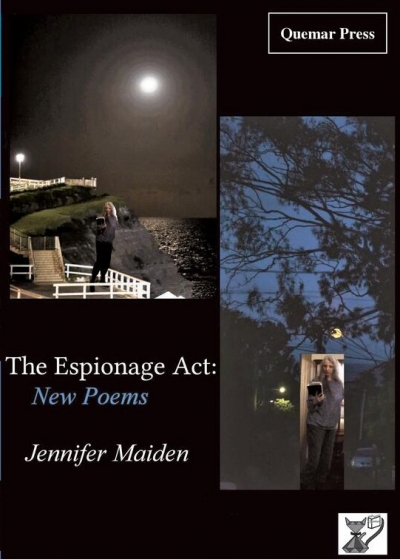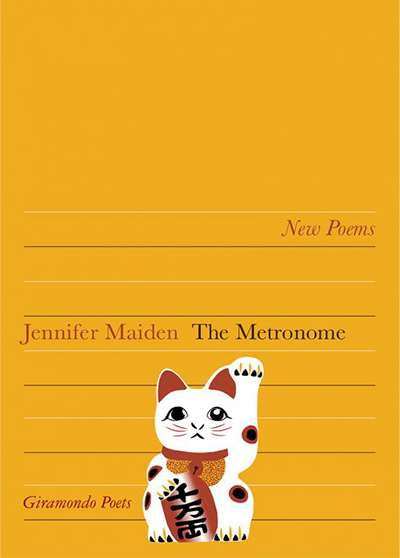Jennifer Maiden
These three new poetry collections are works by established poets at the top of their game in terms of poetic craft and the honing of insights into both life and art. These are voices developed across a significant number of previous collections, allowing for an emergence of innovation, confidence, and ease of style and mood.
... (read more)On Clare’s Skype the beach mixed every coral colour: the sheen,
saw George, transforming their soft bedroom in her mother’s
Mt Druitt house to a Micronesian dusk. But this South Tarawa ...
Peter Kenneally reviews 'The Fox Petition' by Jennifer Maiden, 'Breaking the Days' by Jill Jones and 'Exhumed' by Cassandra Atherton
From the cover of Jennifer Maiden's latest book (The Fox Petition, Giramondo, $24 pb, 96 pp, 9781922146946), a wood-cut fox stares the reader down. This foreign, seditious animal is the perfect emblem for Maiden's examination of the xenophobia, conformity, and general moral diminution that she sees around her. Giramondo have given Maiden the liberty of an a ...
Our second 'Poem of the Week' for 2016 is 'Clare and Nauru' by Jennifer Maiden. ABR's Poetry Editor, Lisa Gorton, introduces Jennifer who then discusses and reads her poem.
... (read more)Obama has said that the person with whom he would most like to dine is Gandhi.
...



